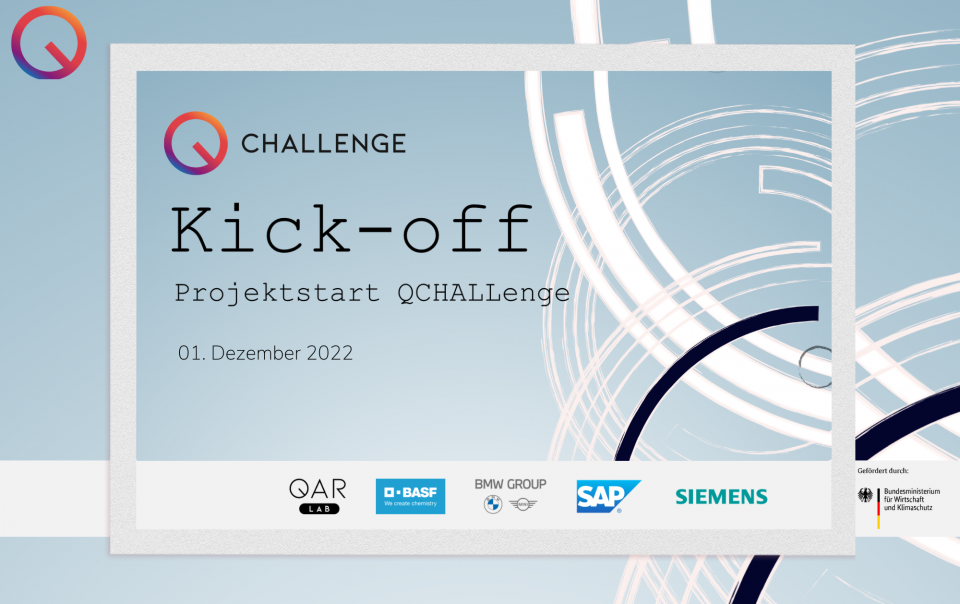QCHALLenge publications at ICAART 24 in Rome
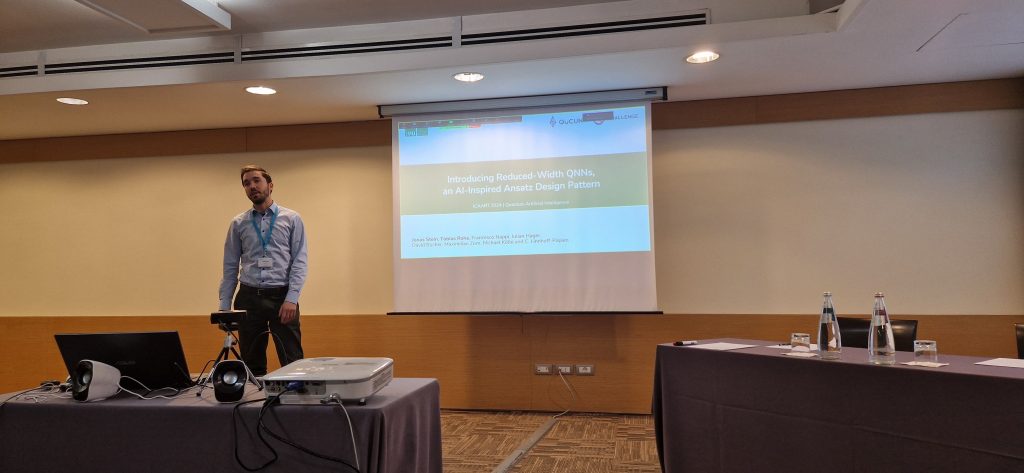
Presenting four papers on quantum machine learning
(March 6, 2024/Rome) Contributing to the exploration of applications and fundamental research in quantum machine learning (QML), members of the QCHALLenge consortium presented four accepted papers at the Internatinal Conference on Agents and Machine Learning in Rome. Two of these papers originated from the QC Optimization Challenge at LMU, shedding light on the application of QML for modelling chemical processes as well as anomaly detection. in the other two papers, we prosed (1) an AI-inspired ansatz design for the architecture of parameterized quantum circuits, and (2), a sequential assembly of the Cost-Hamiltonian in the Variational Quantum Eigensolver, that shows one way of tackling the problem of barren-plateaus.
For more details, here the links to the published papers as well as their freely available preprints:
- J. Stein, T. Rohe, F. Nappi, J. Hager, D. Bucher, M. Zorn, M. Kölle and C. Linnhoff-Popien, “Introducing Reduced-Width QNNs, an AI-inspired Ansatz Design Pattern”. In Proceedings of the International Conference on Agents and Artificial Intelligence – Volume 3, pages 1127–1134, Feb. 2024. DOI: 10.5220/0012449800003636. arXiv: 2306.05047.
- J. Stein, N. Roshani, M. Zorn, P. Altmann, M. Kölle and C. Linnhoff-Popien, “Improving Parameter Training for VQEs by Sequential Hamiltonian Assembly”. In Proceedings of the International Conference on Agents and Artificial Intelligence – Volume 2, pages 99–109, Feb. 2024. DOI: 10.5220/0012312500003636. arXiv: 2312.05552.
- J. Stein, M. Poppel, P. Adamczyk, R. Fabry, Z. Wu, M. Kölle, J. Nüßlein, D. Schuman, P. Altmann, T. Ehmer, V. Narasimhan and C. Linnhoff-Popien, “Benchmarking Quantum Surrogate Models on Scarce and Noisy Data”. In Proceedings of the International Conference on Agents and Artificial Intelligence – Volume 3, pages 352–359, Feb. 2024. DOI: 10.5220/0012348900003636. arXiv: 2306.05042.
- J. Stein, D. Schuman, M. Benkard, T. Holger, W. Sajko, M. Kölle, J. Nüßlein, L. Sünkel, O. Salomon and C. Linnhoff-Popien, “Exploring Unsupervised Anomaly Detection with Quantum Boltzmann Machines in Fraud Detection”. In Proceedings of the International Conference on Agents and Artificial Intelligence – Volume 2, pages 177-185, Feb. 2024. DOI: 10.5220/0012326100003636. arXiv: 2306.04998.

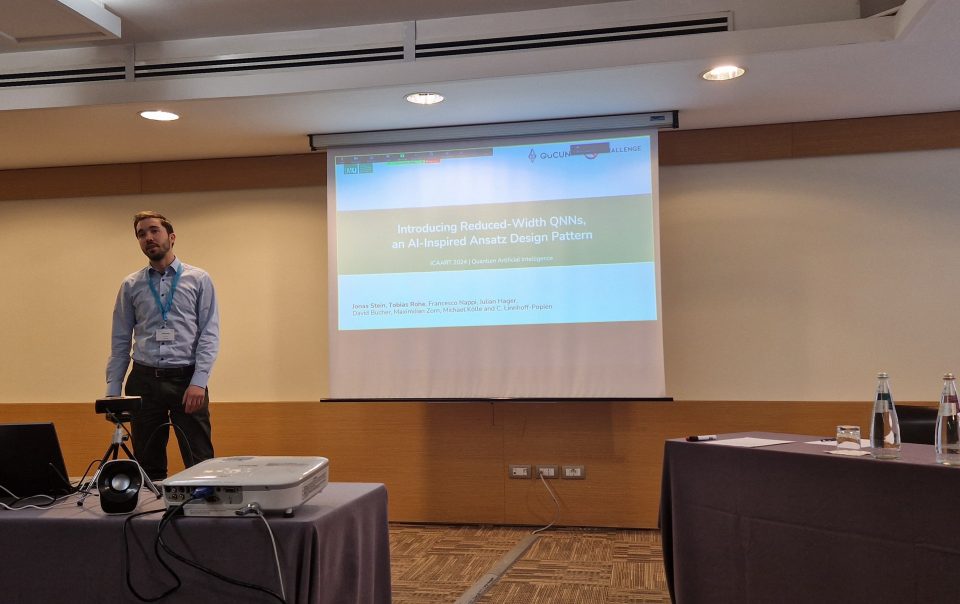
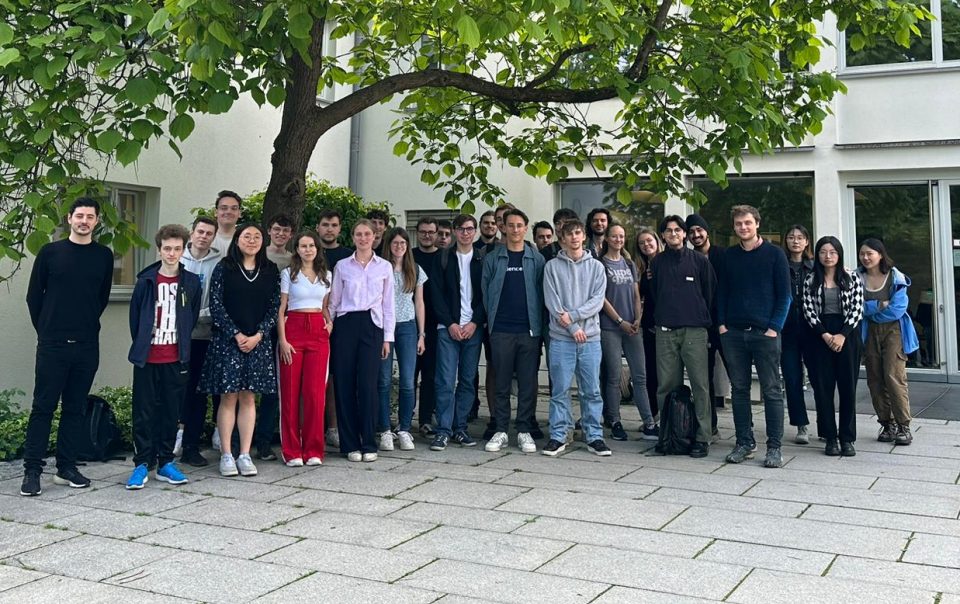
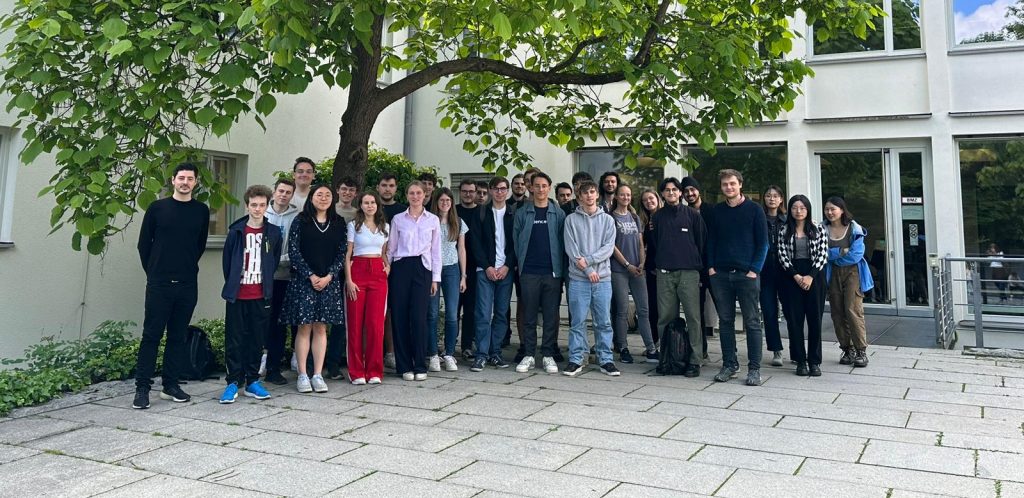
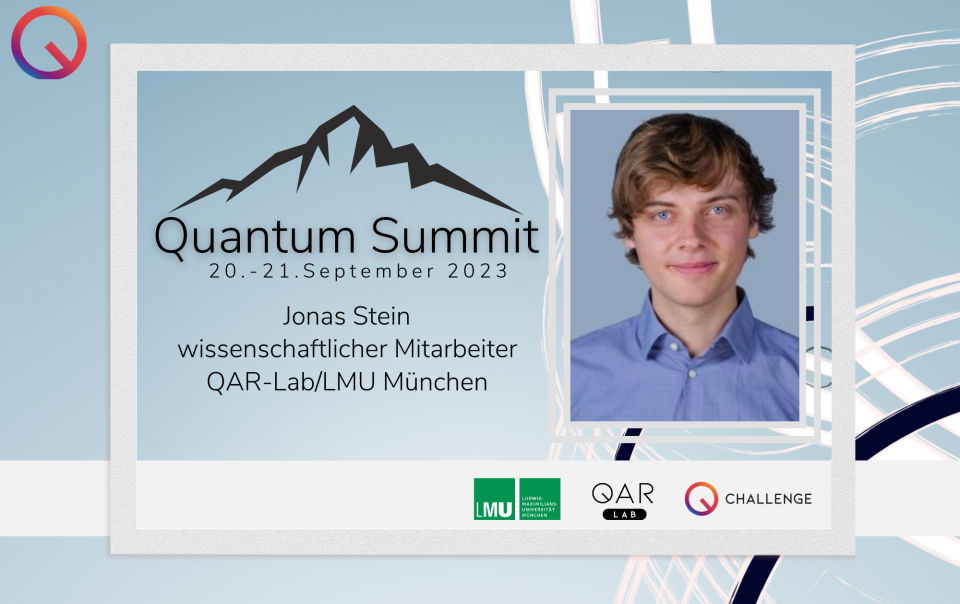
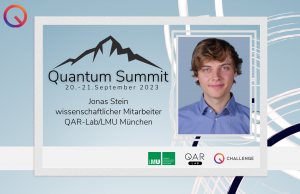 (Jun. 13, 2023/Munich) Quantum computing isn’t just a future trend anymore – it’s here to stay and promising to solve both local and global problems in various fields that are beyond the reach of today’s computers. In September 20th-21st, the Quantum Summit will take place in Berlin, Germany. It will bring together a wide range of experts from the research community, as well as decision-makers from business and government, to share important insights in the field of quantum computing. Jonas Stein, Research Associate of the QAR Lab at LMU Munich will provide valuable insights into the current QC research projects – especially on the highlights from the Quantum Computing Optimization Challenge.
(Jun. 13, 2023/Munich) Quantum computing isn’t just a future trend anymore – it’s here to stay and promising to solve both local and global problems in various fields that are beyond the reach of today’s computers. In September 20th-21st, the Quantum Summit will take place in Berlin, Germany. It will bring together a wide range of experts from the research community, as well as decision-makers from business and government, to share important insights in the field of quantum computing. Jonas Stein, Research Associate of the QAR Lab at LMU Munich will provide valuable insights into the current QC research projects – especially on the highlights from the Quantum Computing Optimization Challenge.